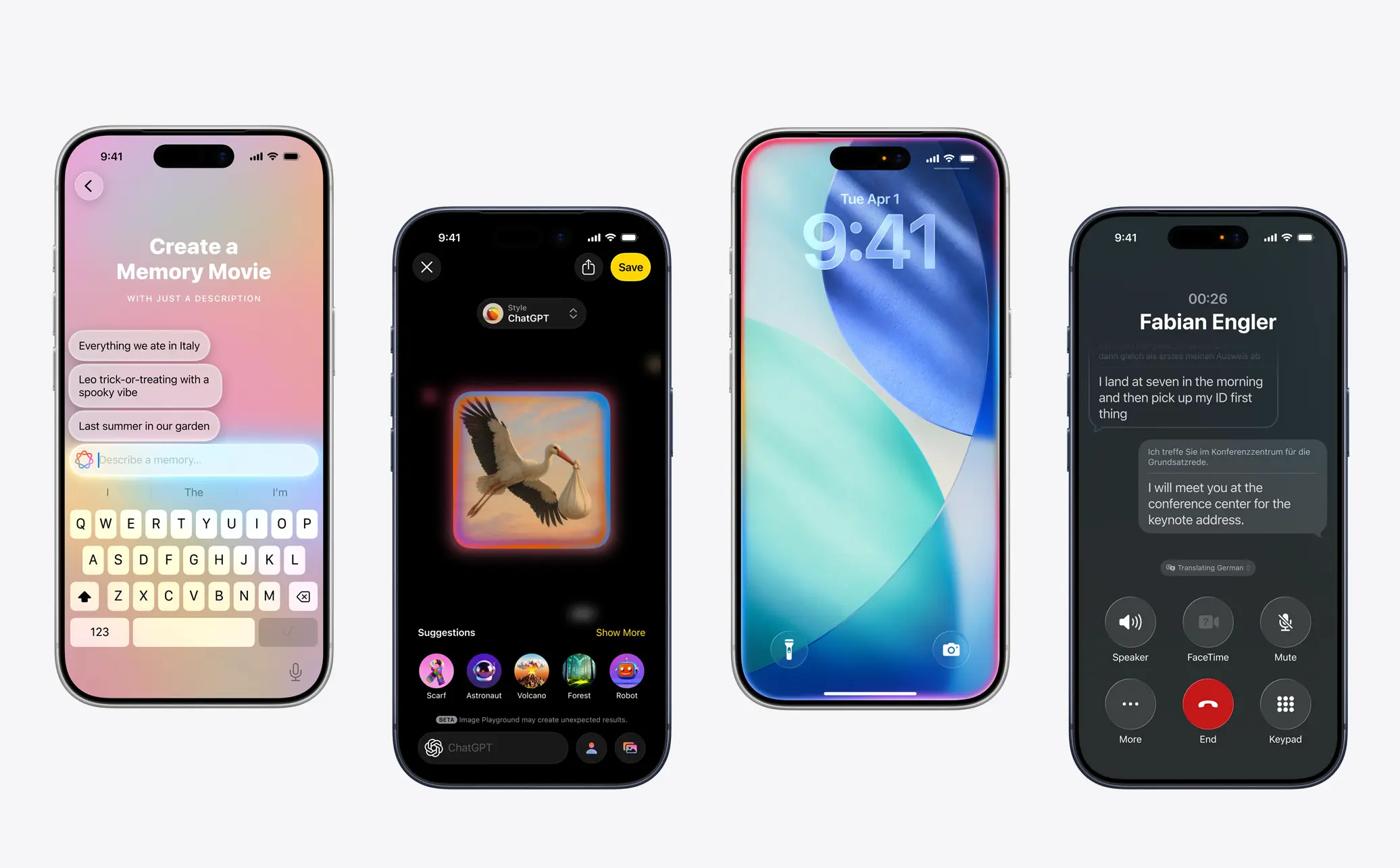How to Develop a Real Estate App and Win the Market Competition?
Updated on
Published on

Mobile technology is quickly being adopted by the real estate industry. With more real estate searches and transactions happening online, real estate businesses need a robust real estate mobile app development strategy to stay ahead of the competition.
If you develop a feature-rich, easy-to-use real estate app, it will allow you to interact with users more efficiently and enable them to search and sell properties more quickly. But how do you create an app that doesn’t just entice users but positions you competitively? Here’s a step-by-step guide to creating a winning app through real estate application development.

Understanding Your Target Audience and Their Needs
The first thing to do if you want to develop a real estate app that is successful is to know your target audience. Are you looking to target property buyers, sellers, renters, agents or all of them? Their needs and priorities will be different.
For instance, property seekers will be looking for an app that can help them easily search for their ideal home. Utilizing real estate software development services can facilitate the creation of such features.
Conduct user research to understand:
- User demographics
- What features do they expect
- Their pain points
- How they currently search for properties
These insights will guide your real estate mobile app development process and ensure the app is tailored to user needs.
Determining the Features and Functionalities
Your target users will determine your app's feature set. Some key features real estate apps must include:
For Property Seekers
- Property search: Intuitive search filters (location, property type, price range etc) for a personalized search experience
- Detailed listings: High-quality images, floor plans, descriptions, amenities etc
- Tour scheduling: Users should be able to request home tours easily
- Mortgage calculator: Allow buyers to assess loans and affordability
- User accounts: Registered accounts to save searches, listings
For Agents
- Lead management: Track buyer leads and communicate via in-app messaging
- Listing management: Add and edit property listings from the app
- Transaction management: Track deals, manage documents
- Analytics: Insights on listings, leads and deals won
Through mobile app development for real estate, you can integrate additional features like AI-driven property recommendations or AR/VR tours for a competitive edge.
Key Components of a Real Estate App Architecture
The architecture you build your app with is very important to give your users a convenient experience. The key components include:
Frontend app
You can build mobile apps for iOS and Android without writing the same code again and again using cross-platform frameworks like React Native, Flutter, Xamarin or native platforms like Swift Kotlin.
Backend/Database
The backend app server manages your app data, business logic and integrations. Cloud platform development can be fast on AWS, Azure, or Firebase.
Common database options include:
- SQL for structured relational data
- NoSQL databases like MongoDB for unstructured data
- Graph databases like Neo4j for networked data
Third-party API integrations
Real estate apps often need to connect with external services for capabilities like:
- Property data
- Maps
- Payments
- Communications
- Analytics
Many popular API services are available that can plug into your app.
Admin portal
An admin portal allows your agents and business users to access and manage listings securely, leads, reports etc, from a desktop without needing the mobile app.
Choosing the Right Real Estate App Development Company
While you can always hire in-house developers, working with an experienced real estate app development company has its perks. An established developer understands the industry standards' latest tech capabilities and has pre-built components and processes to accelerate development.
Look for a developer that has:
- Industry experience: They build tailored solutions for the real estate vertical, leveraging their domain knowledge
- Technical expertise: Proficiency across mobile, web and backend tech stacks
- Design focus: Ability to craft intuitive UI/UX designs optimized for user engagement
- Communication: Clear and transparent communication is key throughout the development cycle
- Proven methodology: They follow a structured development approach, from planning to quality assurance testing.
If you’re working with a reputable company, they’ll also have a very solid process in place for data security, regular product updates, and maintenance and support post app launch.

Monetizing Your Real Estate App
Simply having a mobile app is not enough. You also need an effective monetization strategy to maximize your return on investment. Here are some of the best ways to monetize your real estate app:
Advertisements
In-app ads are a popular route. You can show non-intrusive but relevant ads targeted to property hunters. The key is to strike a balance between ads and user experience.
Listing packages
Agents and brokers can opt to pay for premium packages to increase their visibility on your app and improve their listing positioning, and some can even get detailed analytics.
Referral fees
Whenever users book services like home loans, insurance, legal paperwork etc, through the third-party partners integrated into your app, they charge a percentage fee.
Subscription plans
Users who pay you a recurring fee, usually monthly or annually, can use your app’s premium features such as unlimited property listings, tour bookings etc.
In-app transactions
Integrate some innovative revenue opportunities within your app such as virtual furniture or digital property tours.
Promoting Your Real Estate App
Your app can’t be successful without user acquisition. With millions of apps in app stores, it’s a tough challenge to stand out from the crowd. It is important for an effective marketing strategy.
Boost app store visibility
- Optimized app store listings with relevant keywords
- Compelling visuals and descriptions
- Targeted ads on app stores
Leverage social media
Promote your app across your business social profiles actively. Encourage sharing by users. Grow a hashtag to unite a community.
Online ads
Google, Facebook and Instagram ads allow granular targeting by demographics and interests. Retarget users who have shown interest.
Offline marketing
Keep promoting your app with print materials, billboards, booths at relevant events at a local level etc.
Analyzing Your App’s Performance
The first step is launching your app. Keeping an eye on key metrics will help you understand what you can do better to improve your product even further.
Key KPIs to track include:
- Downloads: Total number of downloads
- MAU: Monthly active users
- Retention: Percentage of users who continue using the app
- Engagement: Session time, features used, interactions etc
- Conversions: Listings views, leads generated, sales won
Use these insights to refine your real estate mobile application development strategy and optimize for user satisfaction. User feedback surveys also provide qualitative data to guide your product roadmap.
Key Takeaways on Developing a Winning Real Estate App
Here are the key things to keep in mind:
- Clearly identify your target users and use cases to determine the optimal features
- Choose technologies that allow rapid development and seamless user experience
- Partner with an experienced real estate app development company to leverage their expertise
- Monetize through smart in-app advertising, subscriptions, transactions etc.
- Promote across online and offline channels to drive visibility and downloads
- Continuously analyze metrics to optimize user engagement further
The real estate market is dynamic. New disruptors can quickly emerge. By taking a strategic approach to building, monetizing and evolving your app, you can gain a distinct competitive edge.







